Butcher block countertops are a popular choice for homeowners due to their durability, versatility, and natural appeal. Whether you are renovating your kitchen or looking to replace your existing countertops, there are a few things to consider before installing butcher block countertops. Here are the top 3 things to keep in mind.
Material and Finish
When choosing a butcher block countertop, the first thing to consider is the type of wood and finish. There are various types of wood, including maple, cherry, oak, and walnut, each with its unique characteristics. Maple is the most common type of wood used for butcher block countertops due to its durability and light color. However, cherry and walnut offer a more luxurious look and can add warmth and depth to your kitchen.
Another important factor to consider is the finish. There are two main types of finish: oil and varnish. Oil finishes are a popular choice as they bring out the natural beauty of the wood and are easy to maintain. On the other hand, varnish finishes offer better protection against stains and scratches but can look less natural than oil finishes. Ultimately, the choice of material and finish will depend on your personal preference and lifestyle.
Installation Process
Installing butcher block countertops is a complex process that requires professional expertise. Before beginning the installation, it is important to measure your countertops accurately and ensure that they fit perfectly. Additionally, the installation process involves cutting, sanding, and sealing the wood, which can be time-consuming and messy. Hiring a professional installer will ensure that your countertops are installed correctly and in a timely manner.
The cost of installation varies depending on the size and complexity of the project. On average, homeowners can expect to pay between $45 and $100 per square foot for butcher block countertops, including installation costs. While this may seem expensive, the long-term benefits of investing in high-quality countertops will be worth it in the end.
Maintenance and Care
'Once your butcher block countertops are installed, it is essential to take proper care of them to ensure their longevity. Regular maintenance includes oiling the wood every few months, using cutting boards to prevent scratches, and cleaning up spills immediately. While butcher block countertops are durable, they are still susceptible to water damage and stains, so it is crucial to be mindful of spills and avoid leaving wet items on the surface for an extended period.
In addition to regular maintenance, it is essential to refinish your countertops every few years to remove scratches and restore their natural beauty. Refinishing involves sanding down the wood and reapplying a protective finish. While it may seem like a hassle, refinishing your countertops will extend their lifespan and save you money in the long run.
Butcher block countertops are a beautiful and functional addition to any home. When considering installing them, it is essential to think about the type of wood and finish, the installation process, and the maintenance and care required. By following these tips, you can ensure that your countertops look great and last for years to come.
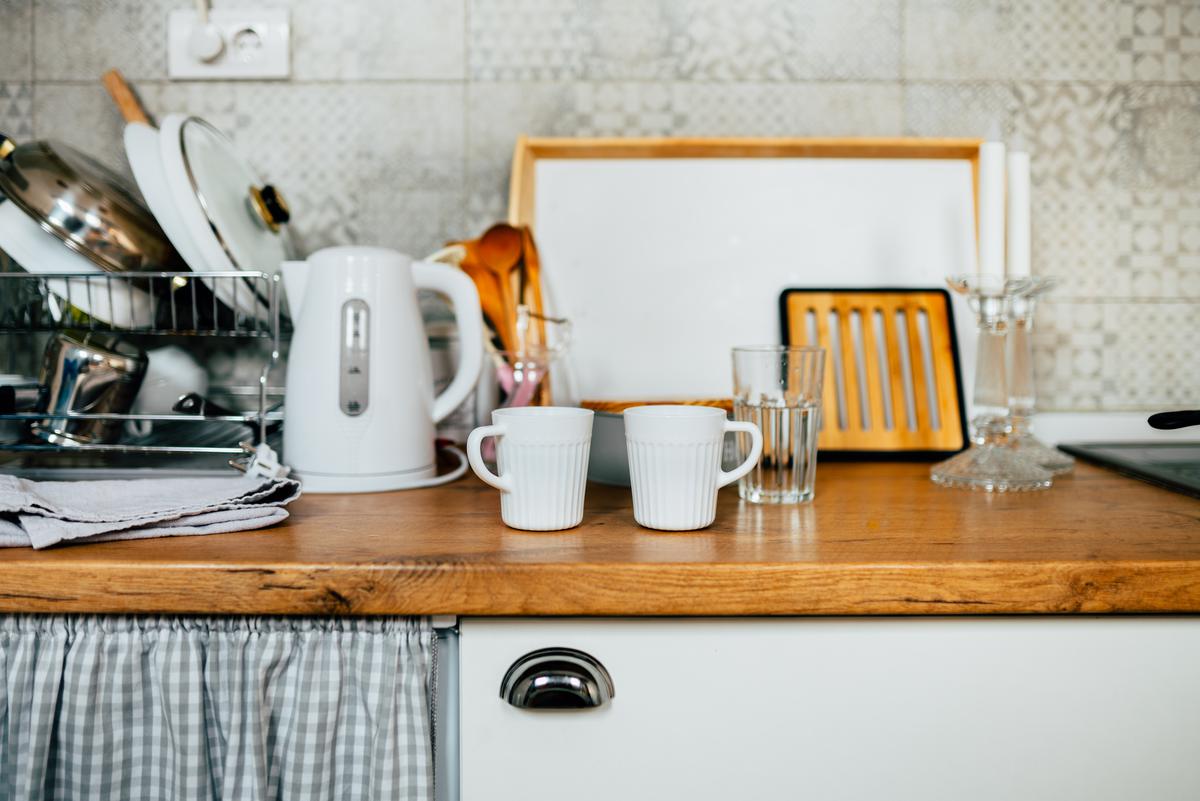

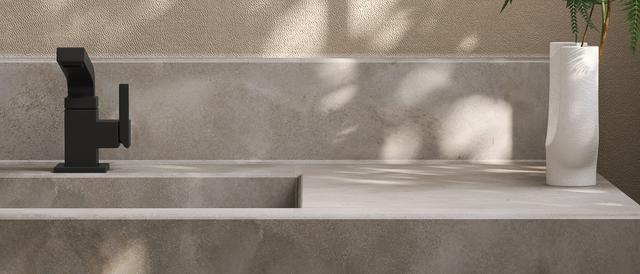
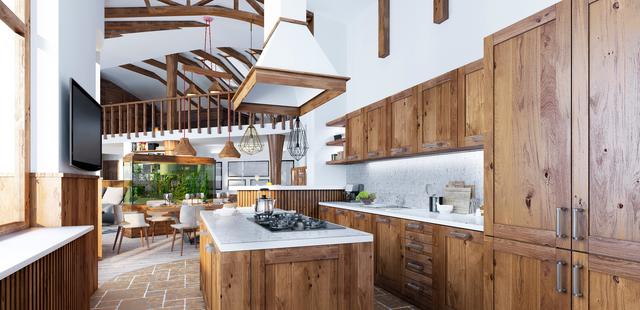
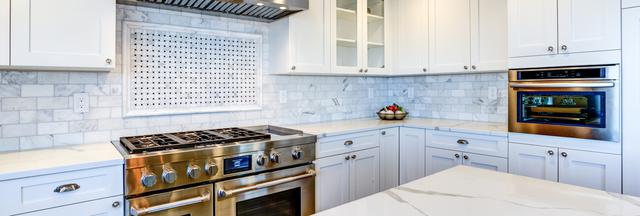
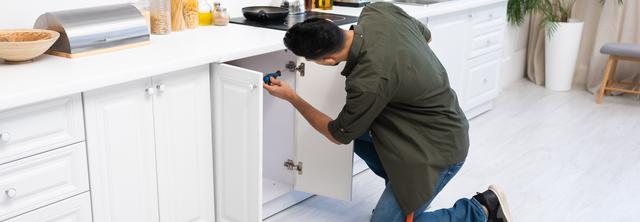
comments